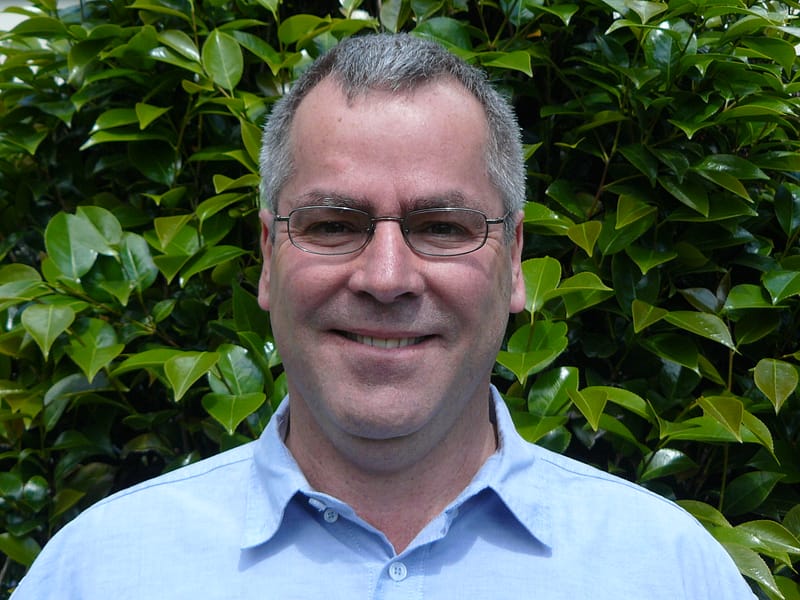Food and Fibre CoVE Chair Dr Mark Paine
Training in the food and fibre sector needs to not only focus on upskilling the mainstream workforce, but also growing innovation and leadership skills, says the Food and Fibre Centre of Vocational Excellence (FFCoVE) chair Dr Mark Paine.
The FFCoVE was set up to build excellence by focusing on the success of learners, industry, and education – learner-focused, industry-led, government-enabled.
Dr Paine says that COVID-19 was a gamechanger for the sector and while it caused many headaches, it also allowed for a re-examination of how things are done and how the sector keeps evolving.
“The significance of our sector to our export returns has only increased thanks to the pandemic and, for the foreseeable future, is likely to remain a critically important part of New Zealand being able to pay its way in terms of maintaining our standard of living.”
“This is being increasingly challenged with questions around the sustainability of our practices, both in terms of the social acceptability within the New Zealand community, and then the higher expectations of our export customers around point of origin and how transparent our practices are for the products we sell,” says Dr Paine.
“Done right, there could be a lot of value added due to the integrity of our products, but really we’ve talked about this for decades yet still today it hasn’t made any difference in terms of improving returns for producers.”
Dr Paine says that putting together the increasing dependence on export receipts and increasing expectations around sustainable practices, the skills requirements of those working on the country’s land and sea resources are only increasing.
“Therefore, the Food and Fibre CoVE is very much about pursuing excellence in terms of workplace practices and growing the skill sets in our workforces to be able to continuously improve and satisfy the expectations of customers and the public.”
“The CoVE’s got a role in not only supporting training for the mainstream workforce, but also training for the innovation and leadership that we really need in terms of our sustainable practices and being internationally competitive as well.”
Dr Paine says the most important thing is for the sector to speak with one voice on these issues.
“I think we are probably closer to that now than we were before COVID-19.”
He says that industries have had to pull together to get a common voice within He Waka Eke Noa, the Primary Sector Climate Action Partnership. This meant sometimes trying to resolve tensions when something worked for one industry but not another.
“You could argue that we’re actually having very realistic, challenging conversations right now, which we weren’t having before COVID and that’s forcing us to get further on these tough issues. Who pays for what is part of what’s being worked through right now.”
Dr Paine says he believes solutions to these issues can be found.
“The potential is there for us to succeed, but we need a combination of having a pretty highly skilled workforce and having a new way of operating at a whole of sector level. We must create win: win solutions that benefit each industry; the food and fibre sector as a whole; and as a nation, by rewarding excellence in sustainable farming practices.”
5 October 2022
